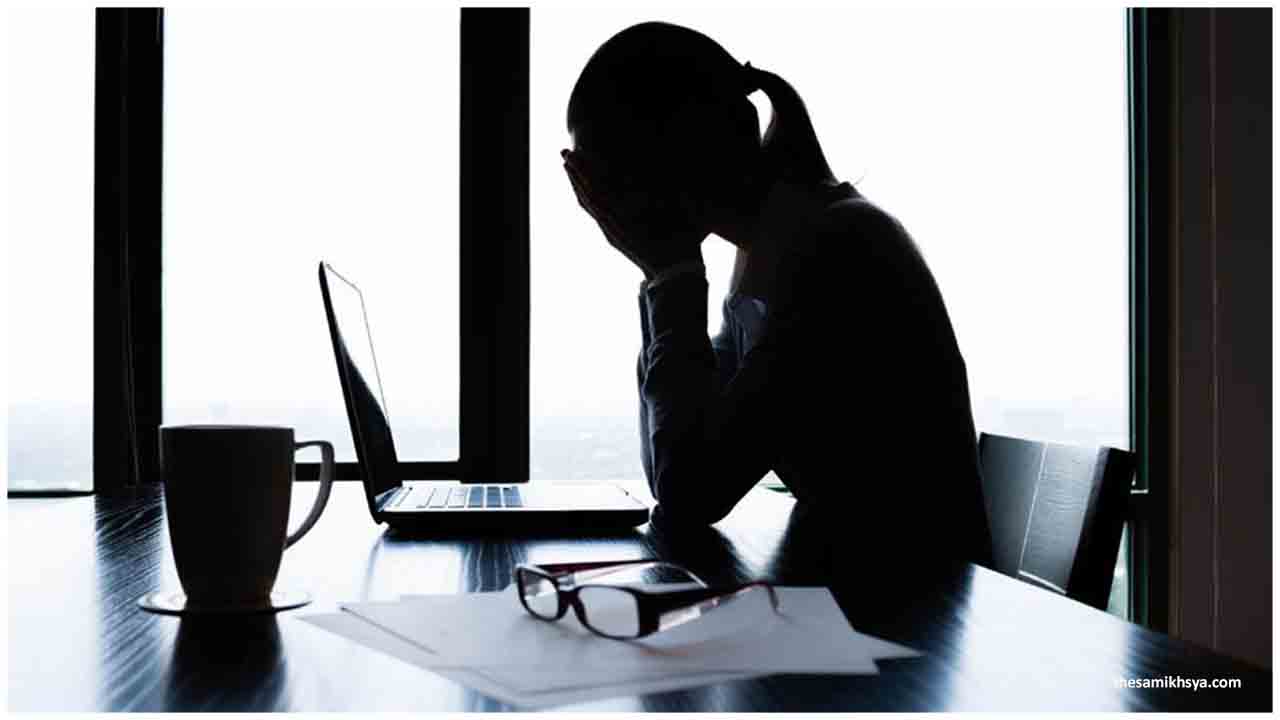Workers who have been exposed to sexual harassment in their workplace are at greater risk of suicide and attempting suicide, finds a study published by The BMJ recently.
The authors say their findings suggest that workplace interventions focusing on the social side of the work environment could help reduce suicide.
The “Me Too” movement has brought a lot of attention to work-related sexual harassment in recent years, and the impact it can have on businesses and society, but most importantly on individuals.
While previous research has found that sexual harassment in the workplace is linked to physical health symptoms, sickness absence, and poorer mental health, such as psychological distress, depression, and anxiety, little research has been carried out on its impact on suicidal behaviour.
So a team of researchers set out to determine how exposure to workplace sexual harassment is associated with suicidal behaviour in a large population of Swedish workers.
The study included 85,205 men and women of working age in paid work who completed a questionnaire between 1995 and 2013 which included questions about exposure to work related sexual harassment.
Workers were asked if they had been subjected to sexual harassment in their workplace in the past 12 months either from superiors or fellow workers, or from “other people”, such as patients, clients, passengers and students.
Sexual harassment was defined as “undesirable advances or offensive references to what is generally associated with sexual relations.”
Any suicides or suicide attempts by these workers over an average follow up period of 13 years were identified from administrative registers.
Overall, 4.8% of the workers reported workplace sexual harassment during the previous 12 months: 1.9% of all men and 7.5% of all women. Those exposed were more likely to be younger, single, divorced, and in low paid but high strain jobs (high demands but low control), and born outside of Europe.
A total of 125 people died from suicide and 816 made a suicide attempt during the follow-up period, which translates to a rate of 0.1 suicides per 1000 person years and rate 0.8 attempted suicides per 1000 person years.
After adjusting for sociodemographic factors, exposure to workplace sexual harassment was found to be associated with a 2.82 times greater risk of suicide and 1.59 times greater risk of attempted suicide. The increased risk estimates remained significant after adjusting for health and work characteristics, and there were no significant differences in rates between the sexes.
Sexual harassment from others was found to be more strongly associated with suicide than sexual harassment from superiors or fellow workers.
This is an observational study, so can’t establish cause, and the authors point out that their results may have been undermined by underreporting of sexual harassment because of varied attitudes towards what represents an incident, or some respondents including incidents they had witnessed.
Nevertheless they say workplace sexual harassment may “represent an important risk factor for suicidal behaviour. This suggests that workplace interventions focusing on the social work environment and behaviours could contribute to a decreased burden of suicide.”
More research is needed to determine causality and risk factors for workplace sexual harassment and the mechanisms explaining the association between work related sexual harassment and suicidal behaviour, they add.
This study underscores the need to consider workplace sexual harassment as both an occupational hazard and a significant public health problem, say US researchers in a linked editorial.
Yet given that the most common approaches to prevention (sexual harassment training) and to mitigation (reporting or grievance procedures) have been shown to do more harm than good, new ways to prevent and address workplace sexual harassment are urgently needed, they write.
“We believe no workplace can be considered safe unless it is free of harassment, and this issue cannot be sidelined any longer,” they say.
“Promising, evidence-based solutions exist and should be widely implemented and evaluated. Victims of sexual harassment should receive mental health screening and treatment to mitigate risks for subsequent mental health concerns and suicidality,” they conclude.

 Measures targeting inappropriate behaviors in the social work environment could help reduce suicides, say researchers
Measures targeting inappropriate behaviors in the social work environment could help reduce suicides, say researchers











.jpeg)

.jpeg)
.jpeg)

.jpeg)


.jpeg)



.jpeg)
.jpeg)
.jpeg)


.jpg)


.jpeg)
.jpeg)